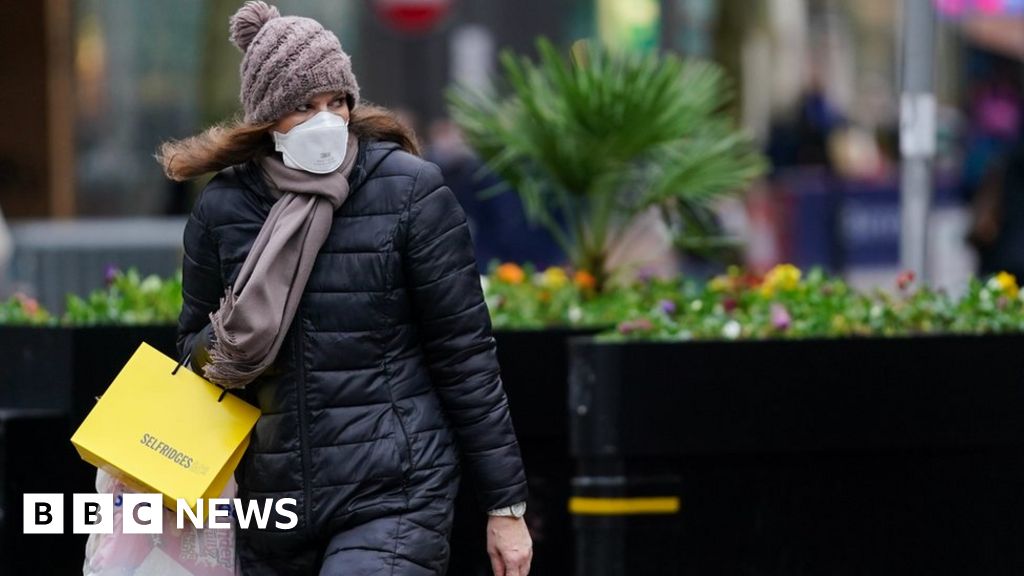A handsome, tough-looking boy of nine had popped up from behind the table and was menacing him with a toy automatic pistol, while his small sister, about two years younger, made the same gesture with a fragment of wood. Both of them were dressed in the blue shorts, grey shirts, and red neckerchiefs which were the uniform of the Spies. Winston raised his hands above his head, but with an uneasy feeling, so vicious was the boy's demeanour, that it was not altogether a game.
'You're a traitor!' yelled the boy. 'You're a thought-criminal! You're a Eurasian spy! I'll shoot you, I'll vaporize you, I'll send you to the salt mines!'
Suddenly they were both leaping round him, shouting 'Traitor!' and 'Thought-criminal!' the little girl imitating her brother in every movement. It was somehow slightly frightening, like the gambolling of tiger cubs which will soon grow up into man-eaters. There was a sort of calculating ferocity in the boy's eye, a quite evident desire to hit or kick Winston and a consciousness of being very nearly big enough to do so. It was a good job it was not a real pistol he was holding, Winston thought.
Mrs Parsons' eyes flitted nervously from Winston to the children, and back again. In the better light of the living-room he noticed with interest that there actually was dust in the creases of her face.
'They do get so noisy,' she said. 'They're disappointed because they couldn't go to see the hanging, that's what it is. I'm too busy to take them. and Tom won't be back from work in time.'
'Why can't we go and see the hanging?' roared the boy in his huge voice.
'Want to see the hanging! Want to see the hanging!' chanted the little girl, still capering round.
Some Eurasian prisoners, guilty of war crimes, were to be hanged in the Park that evening, Winston remembered. This happened about once a month, and was a popular spectacle. Children always clamoured to be taken to see it. He took his leave of Mrs Parsons and made for the door. But he had not gone six steps down the passage when something hit the back of his neck an agonizingly painful blow. It was as though a red-hot wire had been jabbed into him. He spun round just in time to see Mrs Parsons dragging her son back into the doorway while the boy pocketed a catapult.
'Goldstein!' bellowed the boy as the door closed on him. But what most struck Winston was the look of helpless fright on the woman's greyish face.
Back in the flat he stepped quickly past the telescreen and sat down at the table again, still rubbing his neck. The music from the telescreen had stopped. Instead, a clipped military voice was reading out, with a sort of brutal relish, a description of the armaments of the new Floating Fortress which had just been anchored between lceland and the Faroe lslands.
With those children, he thought, that wretched woman must lead a life of terror. Another year, two years, and they would be watching her night and day for symptoms of unorthodoxy. Nearly all children nowadays were horrible. What was worst of all was that by means of such organizations as the Spies they were systematically turned into ungovernable little savages, and yet this produced in them no tendency whatever to rebel against the discipline of the Party. On the contrary, they adored the Party and everything connected with it. The songs, the processions, the banners, the hiking, the drilling with dummy rifles, the yelling of slogans, the worship of Big Brother -- it was all a sort of glorious game to them. All their ferocity was turned outwards, against the enemies of the State, against foreigners, traitors, saboteurs, thought-criminals. It was almost normal for people over thirty to be frightened of their own children. And with good reason, for hardly a week passed in which The Times did not carry a paragraph describing how some eavesdropping little sneak -- 'child hero' was the phrase generally used -- had overheard some compromising remark and denounced its parents to the Thought Police.

www.bbc.com







